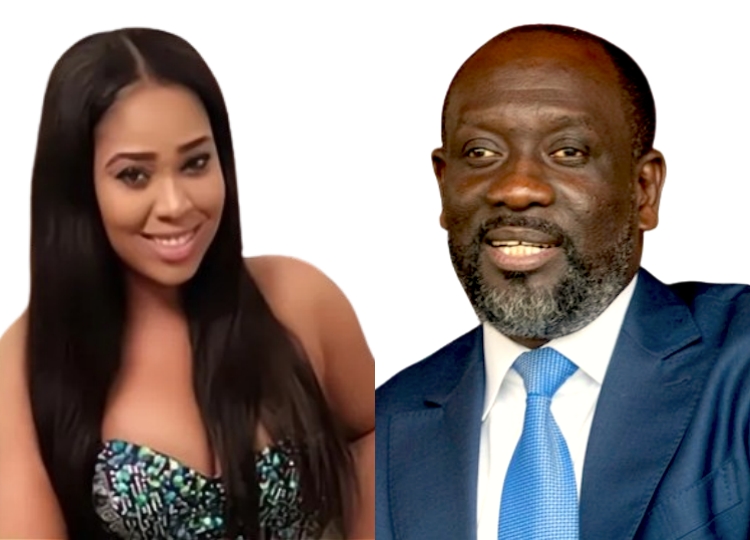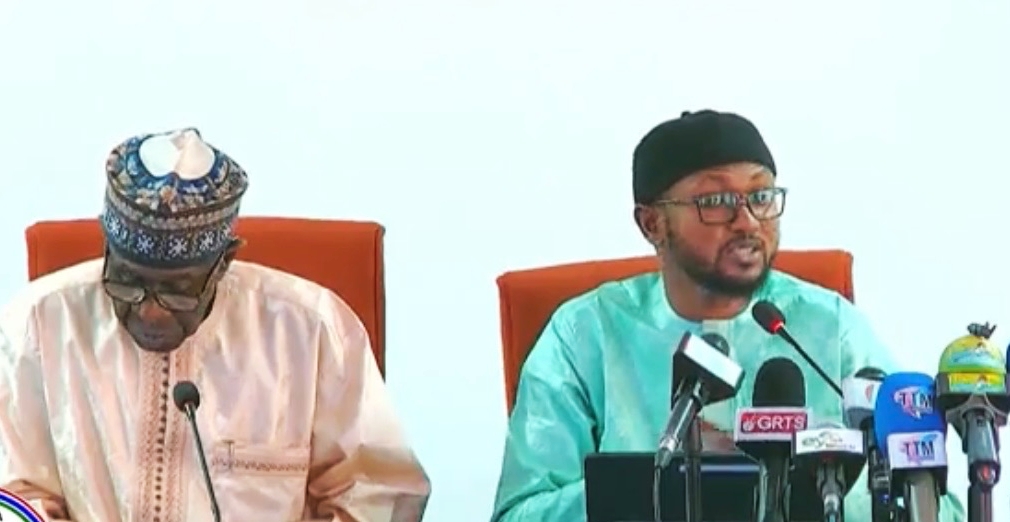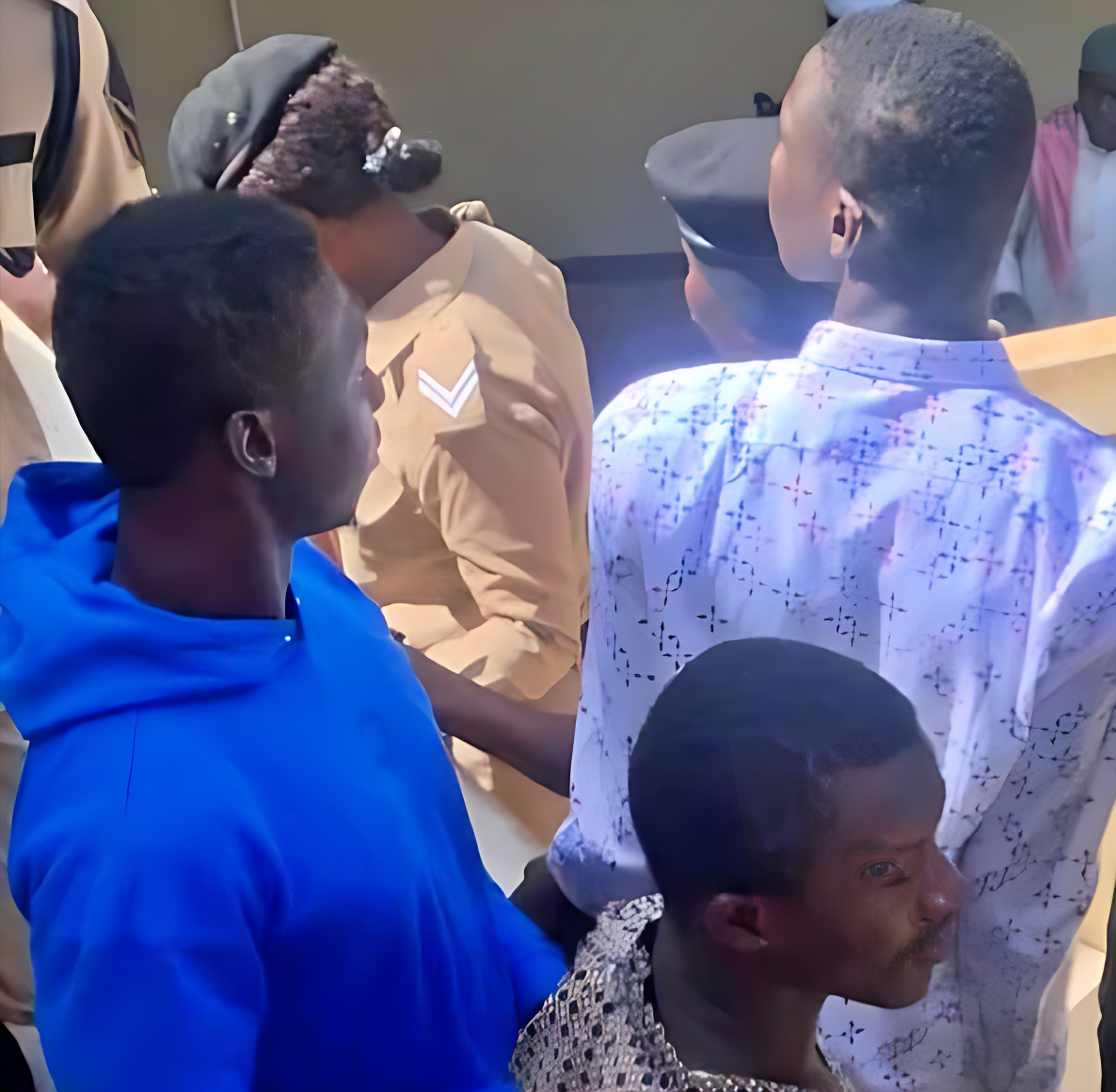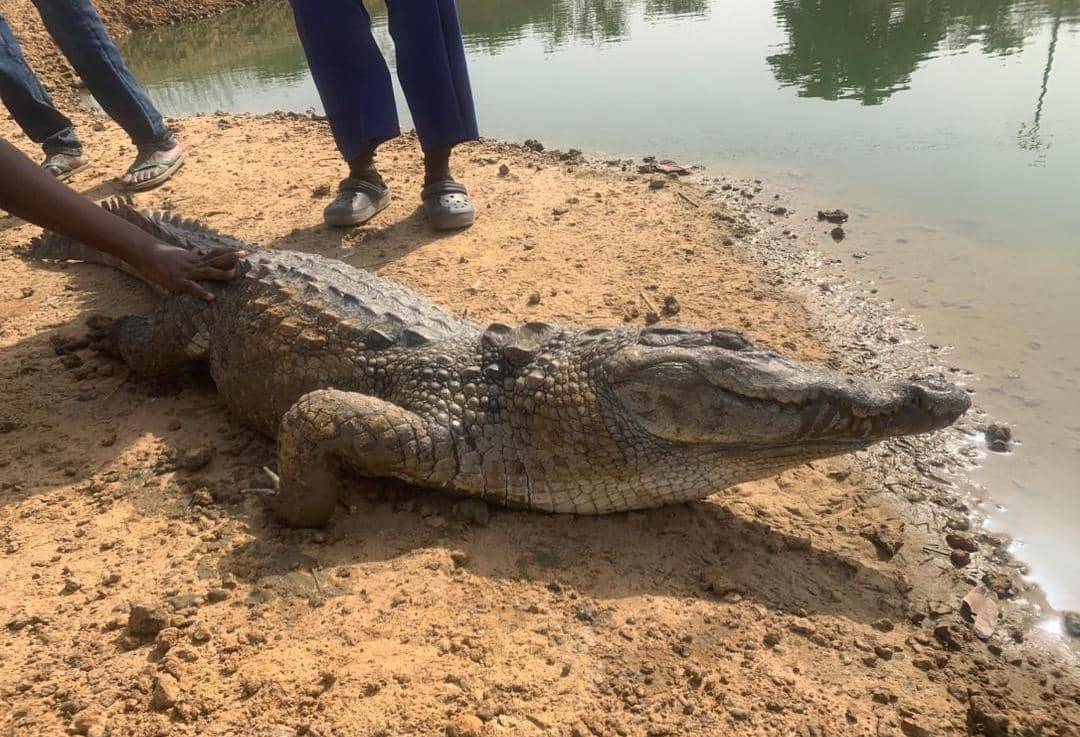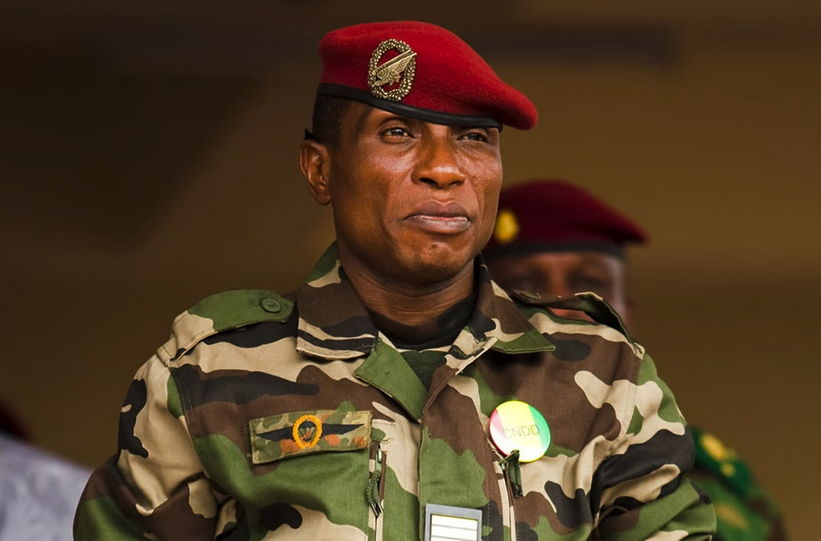Gambiaj.com – (DIXINN, Guinea) – In a landmark judgment, Moussa Dadis Camara, the former leader of Guinea who held power from 2008 to 2009, was found guilty of “crimes against humanity” for his role in the brutal repression of an opposition rally on September 28, 2009. The Dixinn criminal court sentenced him to 20 years in prison, marking the first time a former Guinean president has been held accountable in such a manner.
Former junta chief Dadis Camara, dressed in a traditional green and yellow boubou, remained motionless as the verdict was read by the court in the country’s capital, Conakry.
On September 28, 2009, and in the following days, members of Dadis Camara’s presidential guard, soldiers, police and militia brutally suppressed an opposition rally at a stadium in the suburbs of Conakry.
The 2009 massacre, which took place in the stadium, resulted in the deaths of at least 156 people and left hundreds injured. The violence also included the rape of at least 109 women, hundreds more wounded, according to an UN-mandated commission of inquiry making it one of the darkest chapters in Guinea’s recent history.
Verdicts and Sentences
After 22 months of hearings, the court also sentenced several other high-ranking officials involved in the massacre. Moussa Tiegboro Camara, the former head of the anti-drug services, received a similar 20-year sentence. However, the heaviest sentence was handed down to Claude Pivi, the former Minister of Presidential Security, who was sentenced in absentia to life imprisonment with a security period of 25 years. An arrest warrant has been issued for Pivi, who has been on the run since November 4.
Marcel Guilavogui, a former close associate of Dadis Camara, received 18 years in prison for his involvement in the violence. Blaise Goumou, a gendarme under Tiegboro’s command, was sentenced to 15 years, while Mamadou Aliou Keita and Paul Mansa Guilavogui received 11 and 10 years, respectively.
Aboubacar Diakité, also known as “Toumba,” was given a 10-year sentence. The judges noted his cooperation during the trial, where he provided crucial testimony that exposed the inner workings of the defense. In contrast, four soldiers and gendarmes—Cécé Raphaël Haba, Ibrahima Camara (known as “Kalonzo”), Alpha Amadou Baldé, and Abdoulaye Chérif Diaby—were acquitted.
Reclassification as Crimes Against Humanity
The court’s decision to reclassify the offenses as crimes against humanity played a pivotal role in the trial. This classification, characterized by widespread or systematic attacks against a civilian population, allowed the court to apply the principle of command responsibility, holding superior officers accountable for the actions of their subordinates. This principle was crucial in the conviction of Dadis Camara.
A Historic Trial
The trial, which began on September 28, 2022, was heavily followed both within Guinea and across the continent. The courtroom, initially filled with the vibrant attire of the victims, saw fewer attendees as the trial progressed. Many victims chose to watch the proceedings from home, fearful of retaliation. The trial was broadcast daily on Guinean television and YouTube, drawing significant public attention.
Mixed Reactions
Reactions to the verdict were mixed. While some victims and observers hailed the court’s decision as a significant step towards justice and accountability, others felt the sentences were too lenient. One survivor of the 2009 massacre expressed his disappointment, believing the punishment did not match the severity of the crimes committed.
This verdict represents a crucial moment for Guinea, signaling a move towards justice and accountability for past atrocities. As the country continues to grapple with its history, the hope remains that this trial will pave the way for a more just and transparent future.



